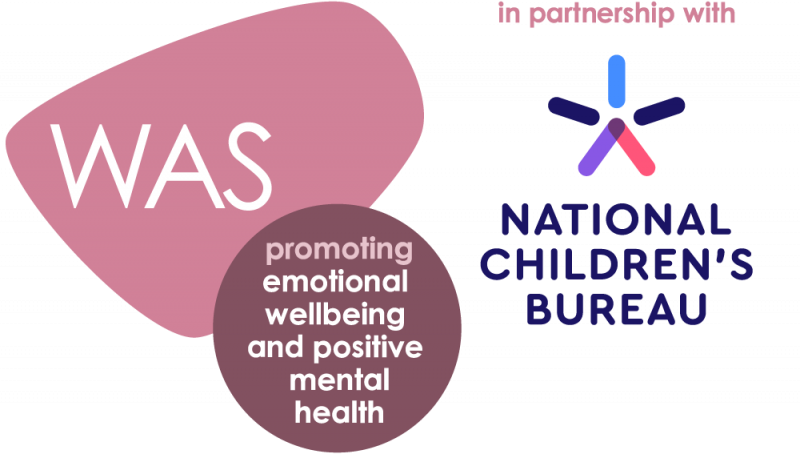Over 1,000 schools are taking part in the Optimus Wellbeing Award for Schools, but what impact has this actually had on the wellbeing of pupils, staff and families?

In 2016, Optimus commissioned research into a series of new awards, including the Wellbeing Award for Schools (WAS).
We found that mental health was a growing concern for schools, and staff needed help in improving support for pupil wellbeing. At the same time, a National Children’s Bureau (NCB) survey also found that there had been a large increase of stress or anxiety, with 79% of school leaders reporting an increase in self-harm or suicidal thoughts amongst pupils.
In partnership with the NCB, Optimus officially launched the Wellbeing Award for Schools in 2017. Fast forward two years, and over 1,000 schools are enrolled on the award, benefitting the lives of thousands of pupils, families and staff across the country.
Schools go through a process of self-evaluation, action planning, portfolio building and verification to show they have met the necessary standards for the award. It takes between 12-15 months to complete, and for schools who take the ‘Adviser-Led route’, they are supported by a network of highly skilled advisers.
The award is built on eight objectives which epitomise best practice. Amongst these objectives, the school must:
We asked our accredited schools, and the response was overwhelmingly positive.
Impact 1: reduced stigma around mental health
The biggest impact of the award was the incredible reduction in the stigma attached to mental health, with 95% of schools saying the award reduced stigma. Staff saw a big improvement in pupil attitudes towards mental health, with pupils having the confidence to talk more openly about their feelings.
Staff themselves also felt much more comfortable talking about any mental health problems they were having. Parents also benefitted, as they didn’t feel judged when talking about their own issues with school.
Impact 2: improved pupil behaviour
Behaviour can often stem from how a pupil is feeling about themselves emotionally. 95% of schools said the award improved pupil behaviour by:
We are giving pupils the coping strategies they need to manage themselves…
Impact 3: improved pupil wellbeing
Whilst many schools already believed their mental health provision for pupils was good, 93% of schools said the award had a large or medium impact on pupil wellbeing.
Impact 4: improved staff wellbeing
The award had an unprecedented impact on staff wellbeing, with 93% of schools saying the award had a large to medium impact on staff. Learning how to support pupils meant staff learnt how to better care for themselves, whilst a range of wellbeing activities improved both physical and emotional wellbeing.
By identifying staff workload as an issue, schools started to implement new ideas about how to reduce workload, and some schools even offered counselling and debriefing services.
Staff are a lot happier, they feel they can be a lot more open, they feel like they will be listened to
Impact 5: improved parental wellbeing
While many schools found that engaging parents was one of the most challenging parts of the award, 93% said that the award had a large or medium impact on parents. Through improving communications, running parental training and providing parental support, parents opened up and talked more about their own mental health.
Impact 6: improved staff morale
75% of schools said that because of the award, they had seen an improvement on either staff morale, staff retention, or staff absence, as staff now felt more supported and appreciated.
Through making staff feel valued, listening to staff views, offering wellbeing gestures and including wellbeing in appraisals, schools reported that staff believed that wellbeing was now a priority, and many believed that it helped to create a more positive working environment.
Staff now feel that their wellbeing is considered important by the school leaders
Read the full report for:
 Wellbeing for all
Wellbeing for all
The Wellbeing Award for Schools has proven to have an immense impact on wellbeing in schools for all stakeholders.